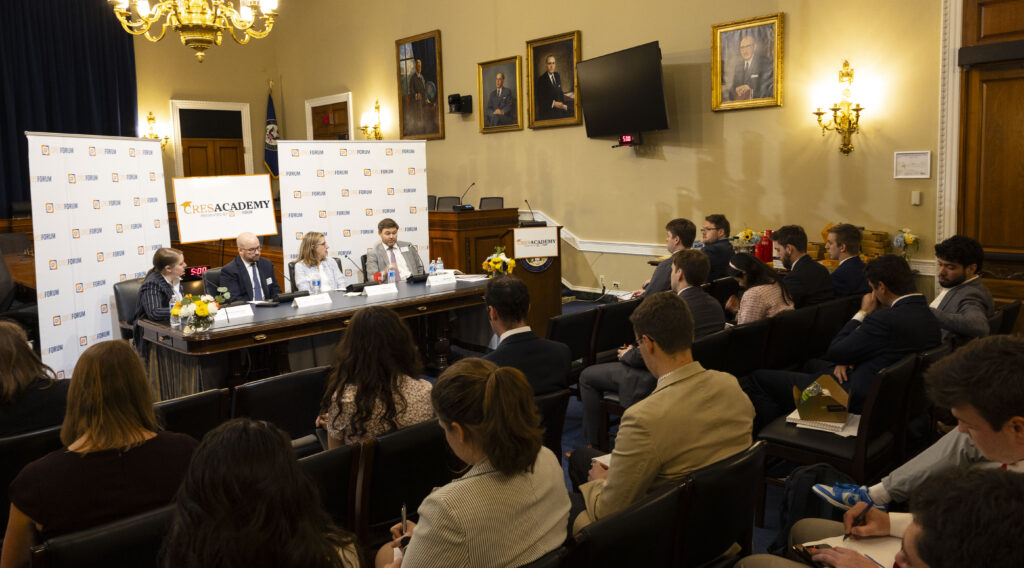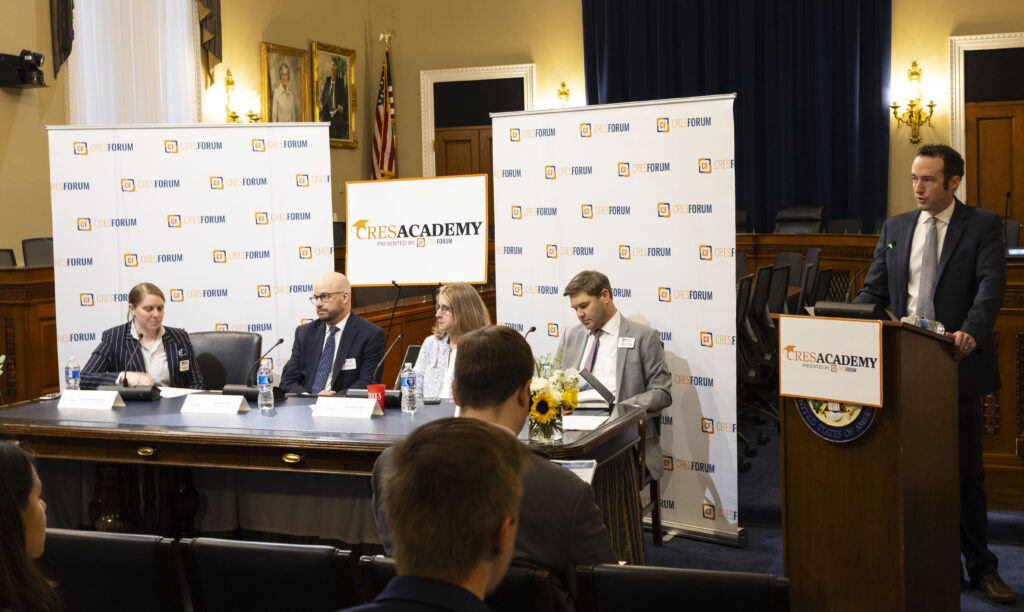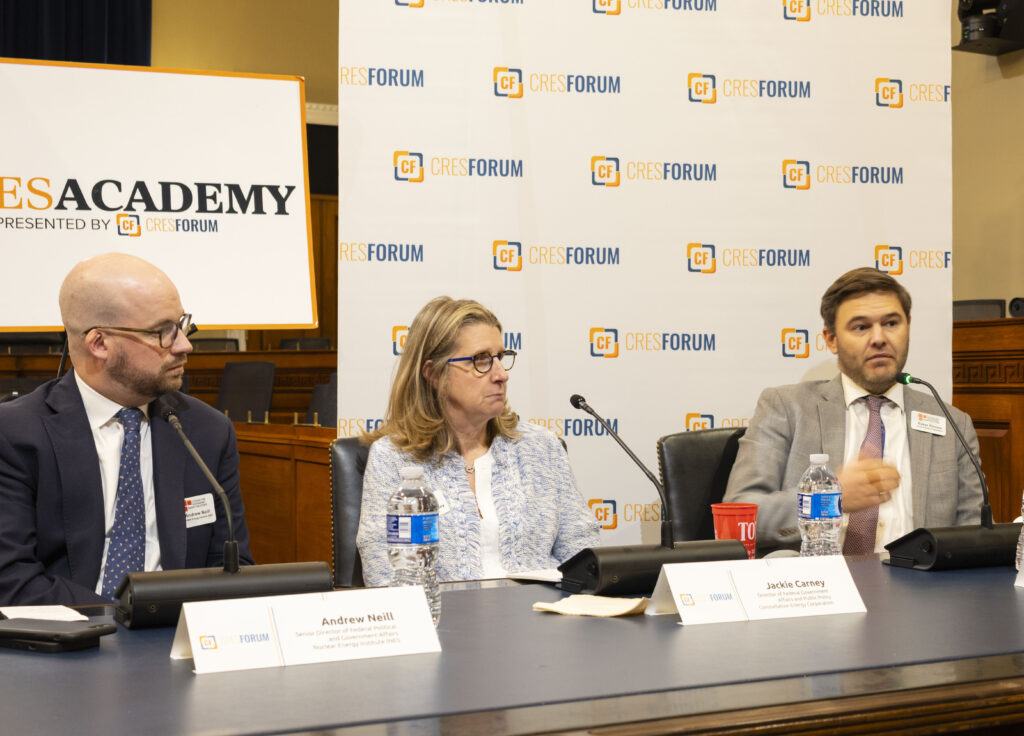Recently, CRES Academy hosted its third session of the year, “Nuclear 101: Accelerating Federal Policies and U.S. Nuclear Energy Leadership to Fuel Innovation and Reinvestment.” This session featured several high-profile industry leaders and stakeholders to discuss the development of nuclear technology and capabilities.

As domestic manufacturing and data centers increase demand for electricity, momentum is building to modernize and expand the United States’ nuclear fleet. Through continued targeted federal incentives like 45U and 45J, Congress can ensure the U.S. bolsters leadership for years to come.
It should not be surprising that nuclear energy is at the forefront of American energy dominance. A critical part of the domestic energy mix, nuclear provides reliable, zero-emission power that supports grid reliability and energy security. 24 hours a day and 7 days a week, nuclear power delivers clean, reliable and abundant energy year-round.
That’s why CRES Academy made nuclear policy the topic of its latest session. The panel was moderated by CRES’ own Christina Baworowsky, Vice President of Policy and Advocacy, and included Andrew Neill, Senior Director of Federal Political and Government Affairs at the Nuclear Energy Institute, Baker Elmore, Director of Federal Government Affairs at Duke Energy, Jackie Carney, and who serves as Director of Federal Government Affairs & Public Policy at Constellation Energy Corporation, with opening remarks from Ryan McManus, Director of Government Relations at CRES.

Together, they discussed the power of nuclear energy and how it can transform domestic, emissions-free energy production. And, as the United States continues to experience an unprecedented period of energy growth, nuclear stands out as a strong energy and economic booster across the nation. As the largest sources of clean power in the United States, nuclear produces nearly half of the nation’s emissions-free electricity.

All these factors and more were focused on throughout the discussion, with a strong emphasis for those in attendance explaining nuclear’s contributions to our power grid and economy.
As discussions around key tax credits like nuclear energy continue on Capitol Hill and around Washington, D.C., CRES Forum remains committed to educating lawmakers and staff on commonsense energy solutions that empower domestic jobs creations and increase domestic and global competitiveness.